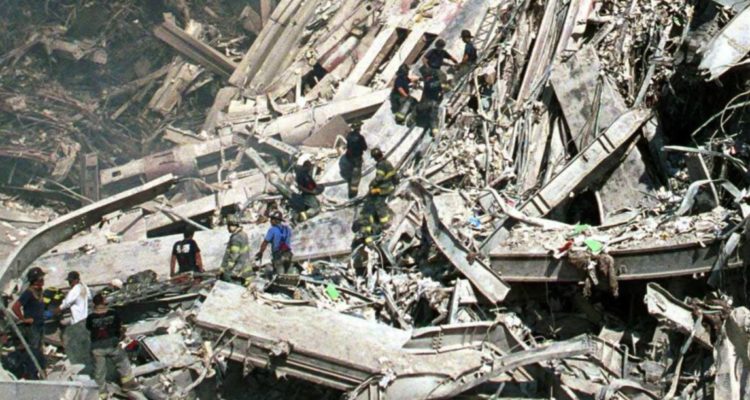Twenty years after 9/11 the terrorism threat is larger and more widespread, the Western alliance is weaker, and the US is in sharp decline relative to its rivals. Democratic societies are less free, stunted by “safetyism”, less resilient and more divided.
The abandonment of Afghans amid the return of an unreformed triumphant Taliban just in time for the 20th anniversary of 9/11, underlines the failure of the global war on terror and the need for a radical rethink. This is particularly true for Australia, which faces the most threatening geopolitical environment in a century.
In one respect – and one only – the war on terror was a success: no country has suffered another attack on the scale of 9/11. But this is cold comfort against the costs of two decades of conflict. These have been enormous: researchers at Brown University calculate the financial bill at $US8 trillion ($11 trillion) for the US, not counting coalition, NATO and UN spending. The same researchers estimate up to 929,000 direct war deaths, but the true toll is far higher if we include deaths from disease, famine and social collapse in war-affected societies.
Global terrorism looms larger and threatens more countries today than in 2001. Al-Qa’ida on 9/11 had about 25,000 members, mostly in Afghanistan, Africa and Southeast Asia. In 2021 the organisation is on the point of regaining its Afghan sanctuary, has expanded into other countries and is at least double its pre-9/11 size.
More importantly, al-Qa’ida today is far from the only – let alone the most radical – transnational terrorist group. Islamic State, spawned from al-Qa’ida as a direct result of the ill-judged 2003 invasion of Iraq, still has thousands of fighters across the Middle East, 11 “provinces” and a network of almost 200,000 supporters worldwide. Regional groups such as al-Shabaab – which also emerged from an ill-judged intervention, in 2006, in Somalia – have increased in size, lethality and reach.
Read the article by David Kilcullen in The Australian.

